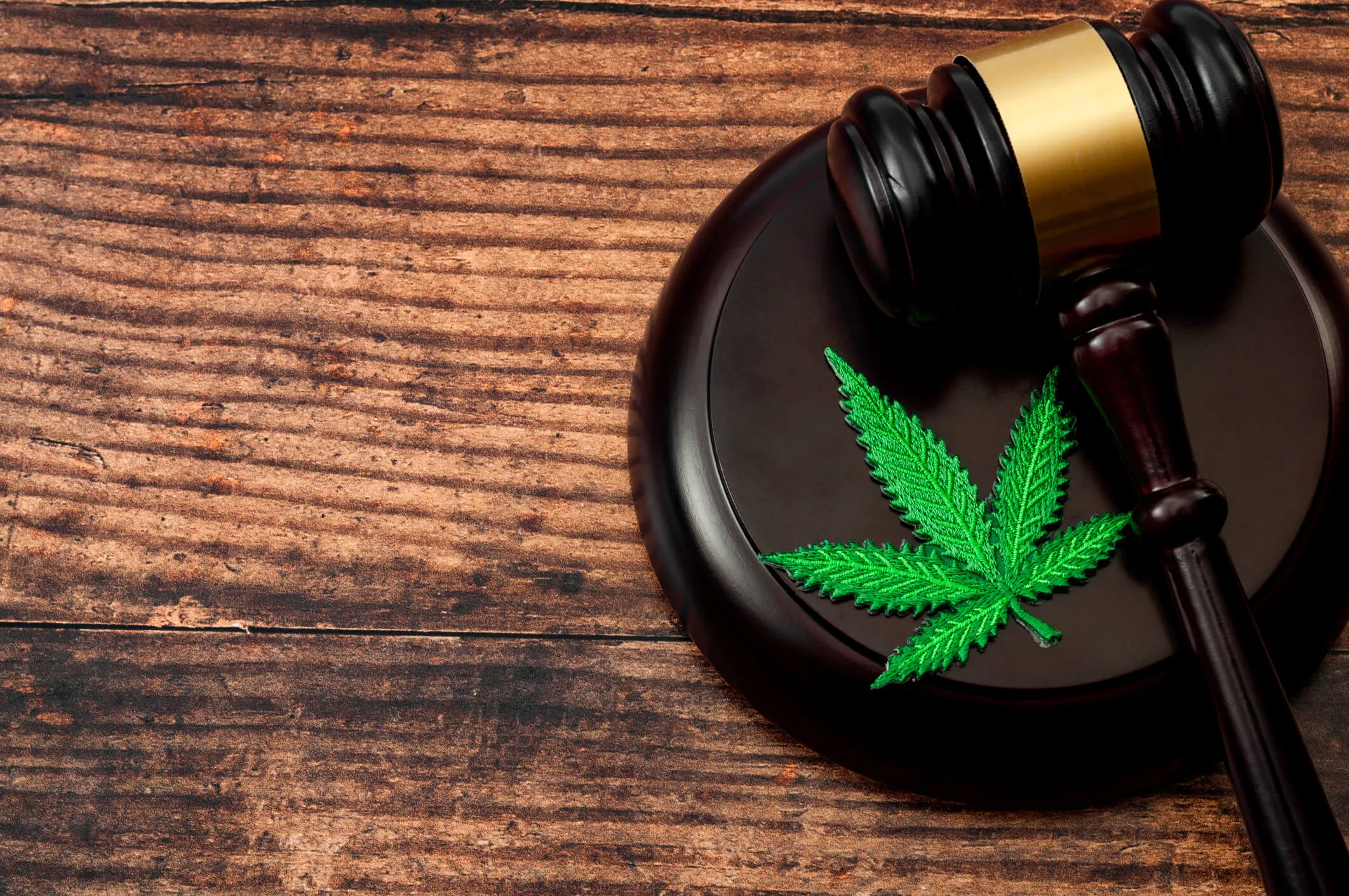Colorado Adopts Regulations For Recreational Marijuana
Last fall, voters in Colorado approved a ballot initiative legalizing the recreational use of marijuana. Since then, state lawmakers have been tasked with developing a regulatory framework that carries out voters’ wishes while protecting public safety and restricting access by minors. In late May, Gov. John Hickenlooper signed a comprehensive set of regulations into laws, paving the way for a retail marijuana trade that is expected to start in January 2014.
Under the new laws, Colorado residents over age 21 will be allowed to purchase up to one ounce of marijuana. They may also opt to grow their own marijuana, but may not have more than six plants at any time. Retail sales to non-Colorado residents will be limited to a quarter-ounce.
Regulations on sellers and growers
In addition to limits on quantity, growers and sellers will be required to comply with a number of restrictions.
All commercial marijuana will be required to be grown indoors, and all crops must be tested for potency and contaminants. Retail establishments will be required to list the potency of each strain they offer. The regulations also require sellers to package their products in opaque, child-proof containers that include warnings about the drug’s potential safety risks.
Retailers will be able to sell food and beverages laced with marijuana, but these items must be sold for off-site consumption. In an effort to avoid Amsterdam-style “coffee shops,” retailers will not be allowed to sell food or drink that does not contain marijuana.
Growers and sellers will also be heavily taxes. Licenses to grow, sell or process marijuana will cost $1,000 per year, in addition to a $250 application fee. Voters will also be asked to approve a 15 percent marijuana excise tax and a 10 percent tax on recreational marijuana sales.
Criminal charges still possible
It is important to recognize that the fact that recreational marijuana use has been legalized does not mean Colorado residents can no longer be charged with marijuana crimes.
For example, even though using marijuana is legal, driving under its influence is not. Legally, driving under the influence of marijuana is treated the same as driving under the influence of alcohol. Under Colorado law, drivers are considered to be legally impaired if they have a blood THC concentration exceeding five nanograms of THC per milliliter of blood.
In addition, the possession, sale and cultivation of marijuana continue to be illegal under federal law. It is still unclear how federal authorities will react to Colorado’s new legalization framework.
Both state intoxicated driving charges and federal marijuana charges can result in serious criminal penalties. As such, individuals charged with these crimes would be wise to seek the assistance of an experienced Colorado criminal defense attorney.




